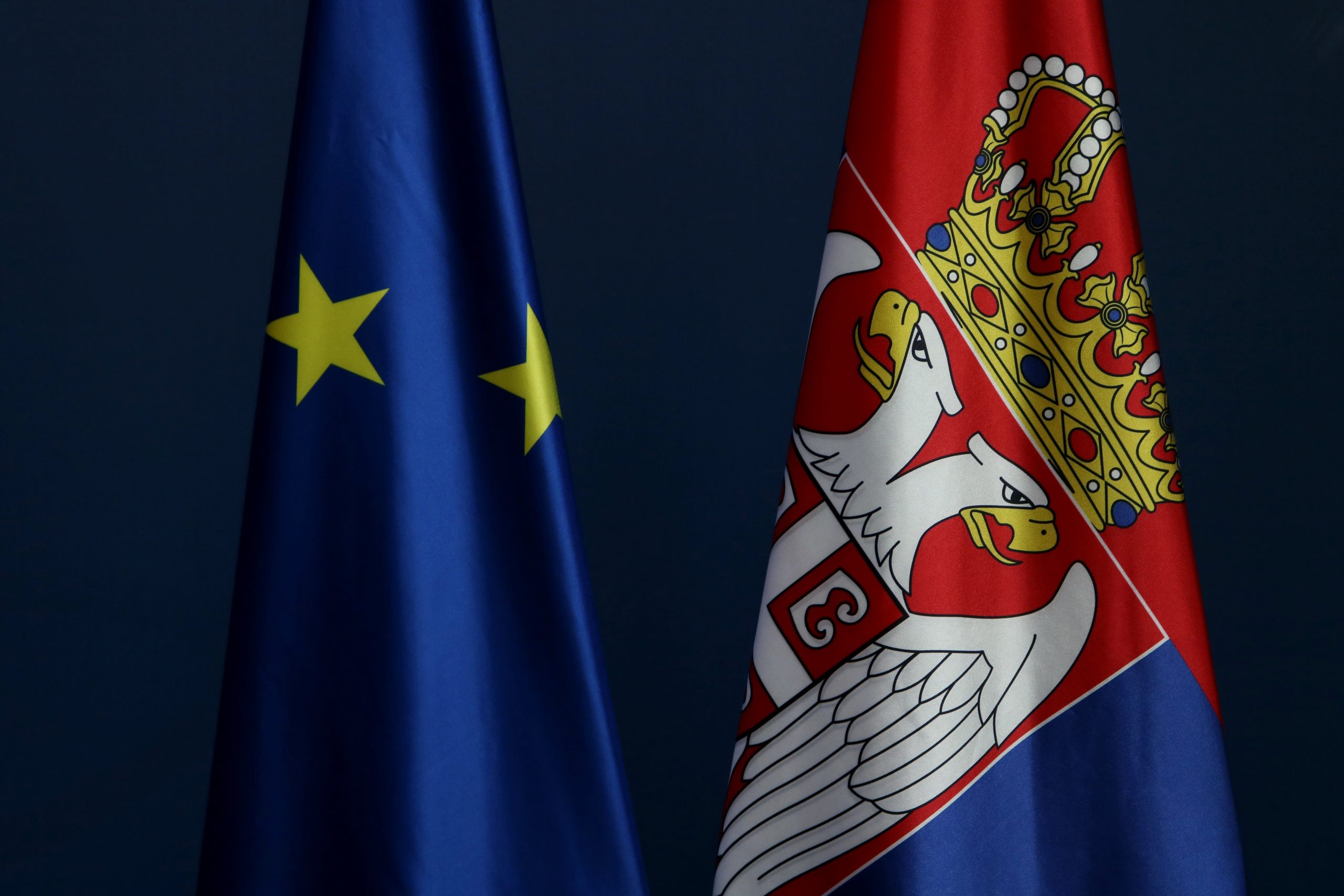The Republic of Serbia and the European Union have signed the Financing Agreement for the Multi-annual Operational Programme for Employment, Skills, and Social Inclusion, with a total budget of €126.93 million, of which €100 million are EU grants under IPA assistance.
The programme will finance support for employment, education, housing, and social protection for the citizens of the Republic of Serbia until 2032. The National IPA Coordinator and State Secretary in the Ministry of European Integration, Mira Radenović Bojić, highlighted the programme as “an important step in our efforts to directly help citizens, especially young people, and to enable better conditions for life and work, by using the knowledge and experience shared with us by our European partners. With this programme, Serbia is sending a clear message that the European Union and our country are working together to address the most important everyday problems people face, in a way that recognizes and invests in their potential to stay and succeed in Serbia.”
The programme will finance trainings, internships, and other ways for young people to acquire the qualifications and experience needed for employment. It will support the development of education by equipping schools with modern classrooms for physics, chemistry, and biology, as well as by funding the development of a system for recognition of prior learning and acquisition of qualifications in line with European standards. The programme will finance the construction and purchase of apartments and houses for young people and vulnerable groups with unresolved housing issues in Serbia. It will also support children without parental care to receive community-based support through financing necessary social protection services and renovation of the infrastructure required to provide such services.

Andreas von Beckerath, EU Ambassador to Serbia, stated: The signing of this ambitious programme is an important step in Serbia’s path to EU membership. Serbia will be better prepared to manage European cohesion funds, just like EU Member States. It is also an important addition to the EU’s support to social services, for the benefit of Serbian citizens. The programme promises tangible results for young people and underserved households where it matters most – education, employment, social housing – through a collaboration between government and civil society.
In addition to the significant benefits the programme will bring to citizens, of special importance is the new way of implementing EU assistance to Serbia that the programme introduces, by establishing Managing and Intermediate Bodies – that is, by introducing a system much more similar to the practice in EU Member States in using cohesion policy funds. For this programme, the Managing Authority is the Ministry of Labour, Employment, Veterans, and Social Affairs.
The Intermediate Bodies for policy management are the Ministry of Education, the Ministry of Tourism and Youth, the Ministry of Construction, Transport, and Infrastructure, and the Commissariat for Refugees and Migration, while the Intermediate Body for financial management is the Ministry of Finance – Sector for Contracting and Financing of EU-Funded Programmes.
By building the capacity of such a system for the 2024–2027 programming years of the Multi-annual Operational Programme, according to Mira Radenović Bojić, “Serbia will demonstrate its readiness to successfully implement support in the programme’s areas and to manage even larger funds that would become available through membership in the European Union.”




